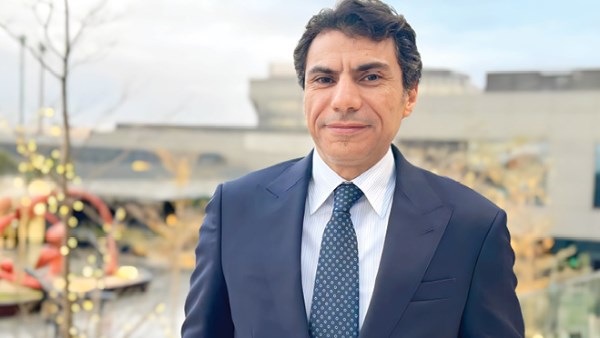
Sterling was trading at $1.2712 at 10:19 a.m. London time on Tuesday
These safe haven currencies hold allure over the U.S. dollar amid Trump regime volatility, analysts say

A worsening outlook for the U.S. economy and expectations for further market volatility are driving shifts in currency valuations — with market watchers divided on which currencies they see as firm safe havens.
Geopolitical developments from just this month have seen U.S. tariffs on Canada, Mexico and China come into affect, President Donald Trump’s reported pause on military aid to Ukraine, softer U.S. economic data out of the U.S. and European leaders committing to ramp up defense spending.
Jane Foley, head of FX strategy at Rabobank London, told CNBC via email on Tuesday that she was expecting the British pound and the Japanese yen to be winners in the current environment.
“The fact that U.S. data suggests that a modest trade surplus exists with the U.K. suggests that the latter is unlikely to be in Trump’s sights and GBP is likely on course to continue grinding higher versus the euro,” she said. “That said, it is stretch to call the pound a safe haven.”
Trump hinted after a meeting with British Prime Minister Keir Starmer last week that the U.K. may be able to avoid becoming a target of U.S. tariffs.
Sterling was trading at $1.2712 at 10:19 a.m. London time on Tuesday, marking a rise of 0.1% against the U.S. dollar, but fell by around 0.1% against the euro. Since the beginning of the year, the British currency has gained 1.6% against the greenback, according to LSEG data.
“Japan also has a strong hand in dealing with the U.S.,” Foley told CNBC. “Although Japan has a trade surplus with the U.S., it is the largest holder of treasuries outside of the U.S. and is the biggest provider of FDI [foreign direct investment] to the U.S. [Prime Minister Shigeru] Ishiba has already pledged to increase investment flows into the U.S. and Japan’s growing defense budget is almost all spent in the U.S.”
Foley also noted that Japan’s policy environment favored the yen, which has gained 5% against the greenback since the beginning of the year.
“Insofar as Japan’s fundamentals have improved and given the Bank of Japan is the only G10 central bank with a tightening bias, I expect the [yen] to perform well this year which will probably strengthen its credentials as a safe haven,” she said.
David Roche, a strategist at Quantum Strategy, agreed that current conditions bolstered the Japanese currency’s long-held status as a hedge against volatility, suggesting that geopolitical instability in the West could cement it as “the new safe haven.”
Speaking to CNBC’s “Squawk Box Europe” on Monday, Roche discussed the fallout from Trump and Vice President JD Vance’s public confrontation with Ukrainian President Volodymyr Zelenskyy in the Oval Office last Friday.





-1120252475029447.jpg)













